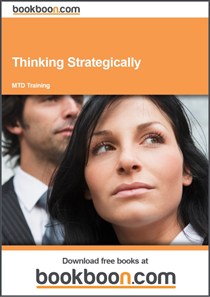Fruitful skills at work can sometimes be hard to learn and practice, but they will pay off.
Here’s some tips to boost your work every day.
- Time Management: planning is the first step and needs discipline. To do list and scheduling will help you to focus.
- Empathy: do you feel what people feel? That’s the key to foster the team spirit in your office.
- Better sleep helps, as many medical studies confirm.
- Positive self talk: it doesn’t matter what others think of you, but what you think of yourself certainly does. Are you confident enough with yourself?
- Be consistent. To mantain a top position you have to work harder.
- Ask for help: when you ask people for advice, you validate their intelligence or expertise, which makes you more likely to win them over.
- Shut up, if needed,
- But also listen.
- Mind your business: it will take time, but will surely help the atmospher at work.
- And finally master your thoughts, directing them to what you want to do and accomplish.
Read the full article by Rachel Gillett in Insider

Image source: Pixabay (C00)






